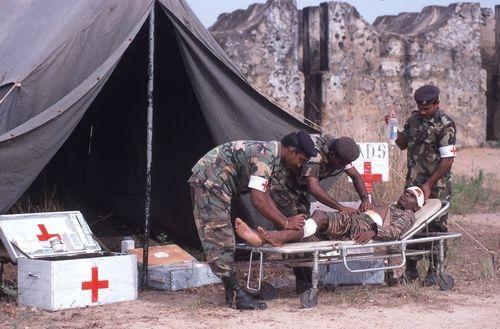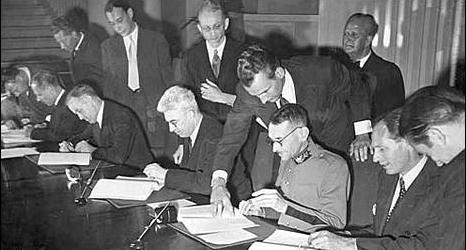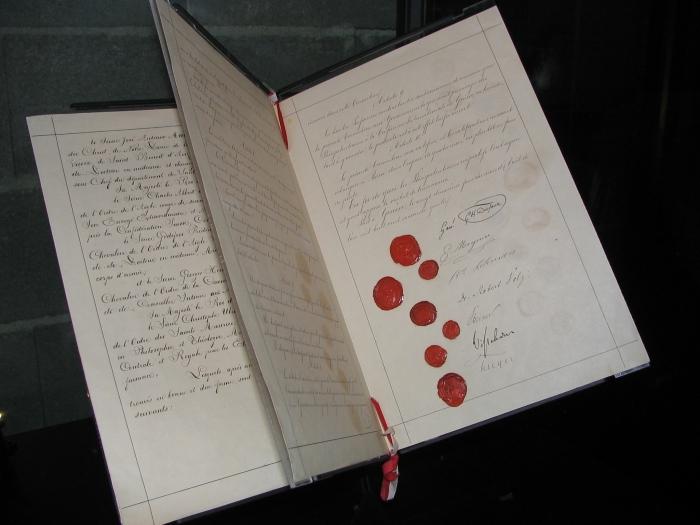The Geneva Convention is a combination of legal norms binding on all states aimed at legislative protection of victims of major wars and local military conflicts (both international and domestic). This legal document also significantly limits the methods and set of means of warfare, based on the positions of humanism and humanity. The Geneva Convention in many ways changed the cruel guise of war, making it more civilized and humane.

By and large, the history of human civilization can be studied from the history of a huge number of wars of varying degrees of cruelty and bloodshed. It is practically impossible to find at least one century, which did without armed confrontation between powers and peoples. By the second half of the nineteenth century, when wars began to gain unprecedented proportions, mass character and cruelty, when science, in symbiosis with technological progress, was already able to provide the military with barbaric weapons of mass destruction, there was an urgent need to create such an important legal document as the Geneva Convention. She streamlined relations between participants in subsequent armed confrontations and reduced the number of victims among civilians.

The Geneva Convention of 1864, which became the first such document in history, had outstanding significance, which consists in the fact that it was a multilateral permanent treaty open for voluntary accession of all countries. This small document, consisting of only ten articles, laid the foundation for the entire treaty law of the war, as well as all humanitarian and legal norms in their modern interpretation.
Two years later, the first Geneva Convention passed, so to speak, a baptism of fire on the battlefields of the Austro-Prussian war. Prussia, which was one of the first to ratify this treaty, adhered to its provisions. The Prussian army had well-equipped hospitals, and the Red Cross was always there where they needed its help. The situation was different in the warring camp. Austria, which did not sign the convention, simply threw its wounded on the battlefields.

The aim of subsequent editions of this international treaty , based on the experience of past wars, was to protect not only the rights of prisoners of war, but also people who are not direct participants in the hostilities (civilians and religious persons, medical workers), as well as shipwrecked, sick, wounded, independently on which of the warring parties they belong to. Certain facilities, such as hospitals, ambulances and various civilian institutions, are also protected by the relevant articles of the Geneva Convention and cannot be attacked or become the scene of battle.
This regulatory international instrument also defines prohibited methods of warfare. In particular, the use of civilians for military purposes is not allowed, the use of biological and chemical weapons, anti-personnel mines is prohibited. The deep meaning of the Geneva Convention lies in attempts to ensure a reasonable balance between military-tactical necessity on the one hand and humanity on the other. With the changing nature of the conduct and scale of wars, the need has ripened for a new edition of the Geneva Convention. For example, according to statistics from the century past, out of every hundred victims of wartime, eighty-five are civilians. First of all, this concerns the bloodiest war in history - World War II, when almost every state that participated in it violated not only the provisions of the Geneva Convention, but also all conceivable and unthinkable principles of universal morality.
The four Geneva Conventions of 1949 with two additional protocols of 1977 are voluminous multi-page documents and are universal in nature. They were signed by 188 countries of the world. It should be noted that these revisions of the conventions are binding on all states, even non-participants.